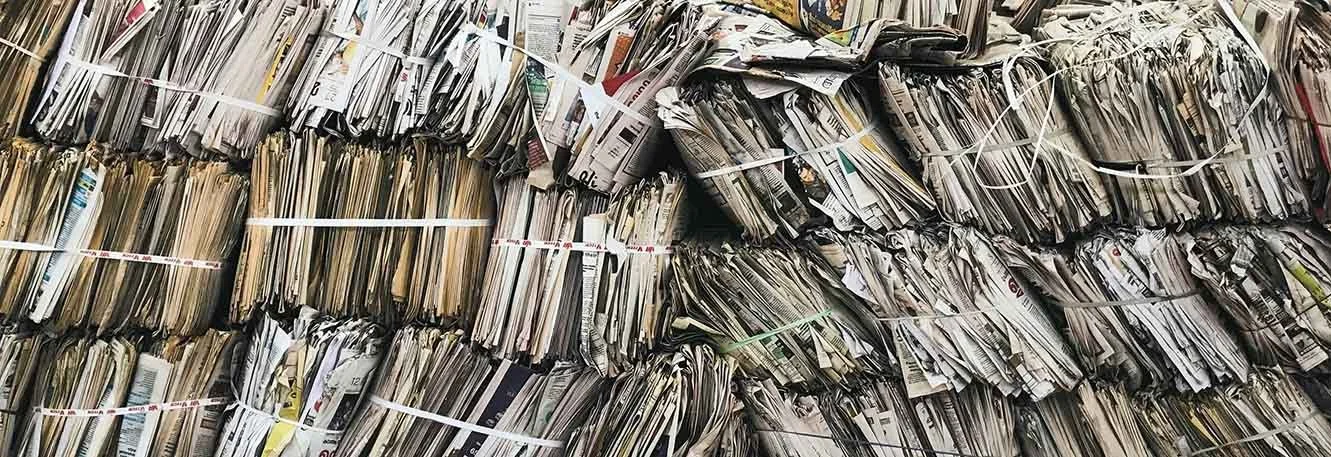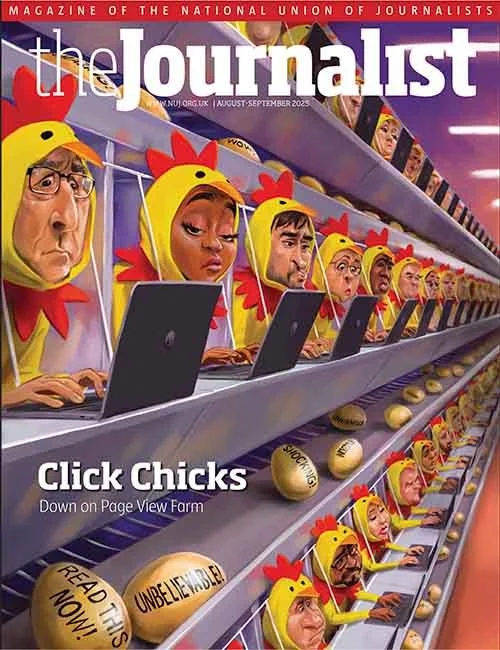About the NUJ
“We need to cherish any scrap of independence we possess and can secure. We are not mere hirelings; our work is creative and responsible work. The activities of rich adventurers in buying, and directing the policy of groups of newspapers is a grave public danger. A free-spirited, well-paid, and well-organised profession of journalism is our only protection against the danger.”
HG Wells 1922
The National Union of Journalists was founded in 1907 in the wake of new legislation promising legal protection for trade unions. It won its first legal case, against the unfair sacking of a local newspaper reporter, later that year.
Today, the NUJ is one of the largest independent journalists’ unions in the world. Its members work across the media, from newspapers, broadcasting and book publishing to magazines, websites, mobile devices, social media and PR agencies. Our members work across a diverse range of jobs – anything from reporting, writing, photography and editing to design, videography, communications and presenting.
HG Wells joined in 1921, by the way.
The NUJ is a democratic union with opportunities for members to get involved at multiple levels. The day to day running of the organisation is handled by a mix of full-time staff and volunteers, managed by a National Executive Council. This in turn is supported and directed by a range of advisory councils.
The heart and soul of the union, however, lies in its grassroots units: chapels (which represent members at their workplaces) and branches (which group members by local region).
The NUJ is not affiliated to any political party. The union fosters a cross-party parliamentary group in Westminster to advocate on issues that matter to journalists and journalism. It has also successfully lobbied governments in Ireland, Scotland and Wales.
Campaigns
The NUJ campaigns on a range of issues of concern to members. Priorities are set democratically at the union’s biennial delegate meeting.
Here’s a tiny sample of ongoing campaigns that the union is currently championing. For a complete list, click here.
Artificial intelligence: journalism before algorithms
The NUJ’s AI campaign calls for urgent regulatory oversight promoting ethical approaches that centres the work of journalists. More details here.
Let’s stop SLAAPs
Governments must take action now to stop the abuse ‘strategic lawsuits against public participation’. The union calls for tougher action against the rich and thin-skinned who attempt to impede legitimate journalistic reporting and evade scrutiny. More details here.
Fair deal for freelances
The NUJ's major campaign to fight for a radical reform of freelance journalists’ rights to ensure job protection and benefits are not dependent on employment status. More details here.
The Journalist… and more
The NUJ’s glossy house journal The Journalist is sent out free every two months. Paris branch members receive their copy as a digital edition. Click on this link to read a recent edition and browse some back-issues.
Members receive further regular digital newsletters including Branch (which covers grassroots activity) and Inform (news from the union’s national executive). Freelances might also be interested in the Freelance, a bimonthly downloadable PDF newsletter published by the London Freelance Branch.
Additionally, the NUJ keeps members in touch via email newsletters sharing the very latest news and developments in the union, and provides a calendar of upcoming free and subsidised professional training courses. A great many of the live courses are now conducted exclusively online, making them immediately accessible to members living in France.
NUJ Paris keeps its members in the know on issues affecting us in France via a brief branch email newsletter.
Press cards
Full members who need to identify themselves as journalists while on the front line of reporting can apply through the NUJ for a free Press Card issued by the UK Press Card Authority. This is especially useful in the UK as the card is recognised and respected by all police forces in the country.
Student members are entitled to a Student Press Card.
Journalists moving between countries as part of their work can also apply through the NUJ for an International Press Card issued by the International Federation of Journalists. Please be aware that the IFJ card is not free of charge..
Paris branch members should note that neither the NUJ Press Card nor the IFJ International Press Card hold any official status in France. That said, they are quite widely recognised by organisations across the country, especially cultural and conference venues. This can be especially useful for freelances since journalists not explicitly employed by or on contract to a media company in France are denied the right to a French press card.
Note that government buildings in Paris operate their own press accreditation programme.
For more information on the work of the NUJ, click on the button below to visit the official website.




